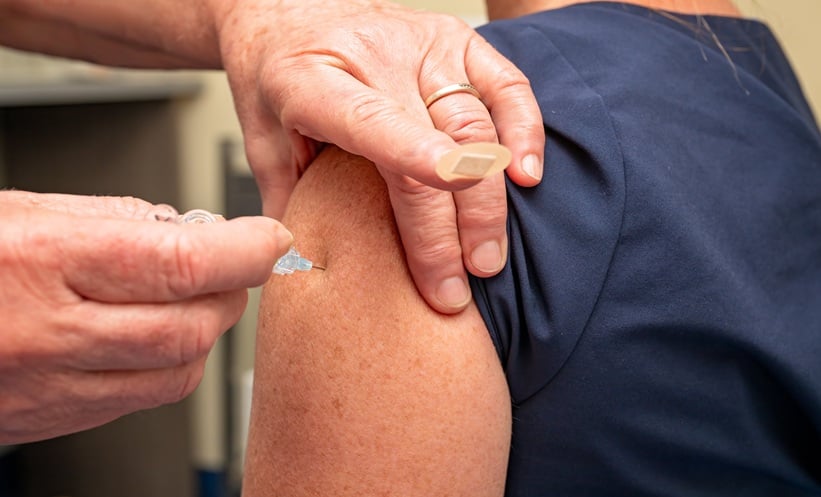BETWEEN November 2020 and June 2022, the United States conducted predeparture COVID-19 testing for nearly 24,000 refugees. In a study examining test positivity and vaccination rates, researchers found that 2.6% of refugees tested positive for COVID-19 prior to their journey to the U.S. During the same period, the vaccination rate among adult refugees rose dramatically from 0% to 71%. This data provides insight into the impact of the COVID-19 pandemic on the refugee resettlement process and highlights the efforts made to ensure the health and safety of incoming refugees.
As the pandemic disrupted global resettlement processes, the U.S. government suspended refugee admissions between March and July 2020. Upon resumption, the U.S. implemented mandatory predeparture COVID-19 testing for refugees, with travel delayed for those testing positive and their close contacts. Between January 2021 and June 2022, a negative COVID-19 test or proof of recent recovery was required for refugees before boarding their flight to the U.S.
Vaccination coverage for refugees was not initially mandated but was referred to national vaccination programs in the country of origin when feasible. Over time, the vaccination rate among adult refugees steadily increased, reaching 71% by the end of 2022, reflecting the global push to vaccinate individuals in high-risk settings, including refugees and displaced populations.
This study underscores the critical role that testing and vaccination programs played in maintaining public health during the resettlement process. These measures were vital in mitigating the spread of COVID-19, both among refugee populations and within the broader U.S. community.
Reference:
Judge AS et al. COVID-19 Predeparture Test Results and Vaccination Coverage among US-Bound Refugees, 2020–2022. Emerg Infect Dis. 2025;31(8):1630-1635.








